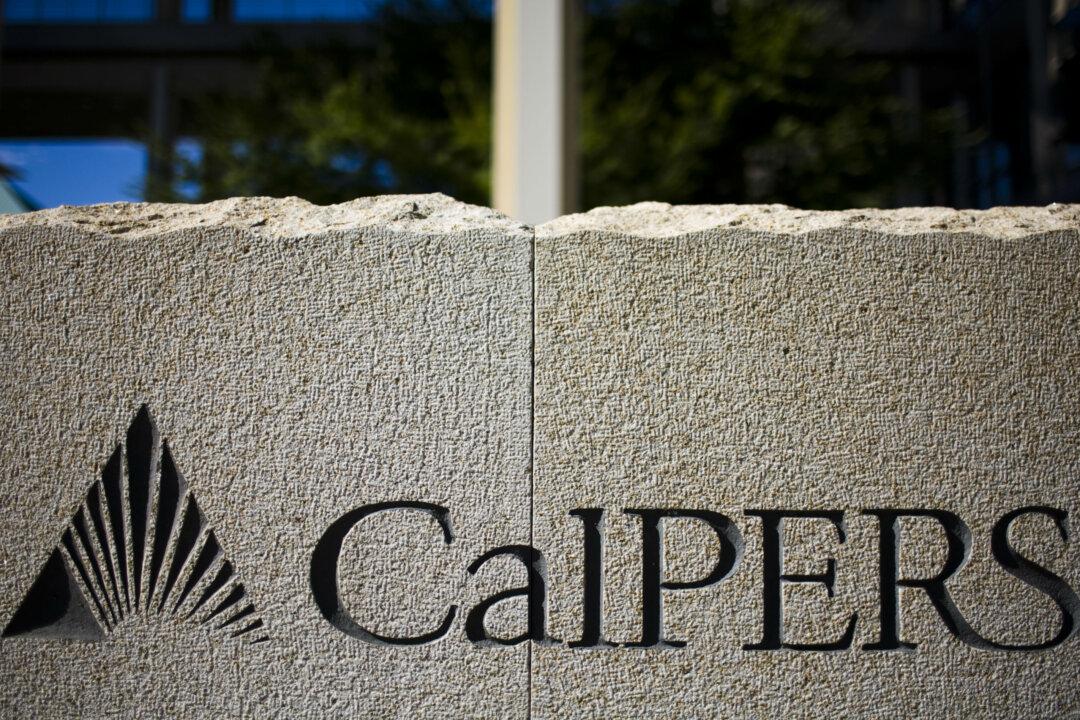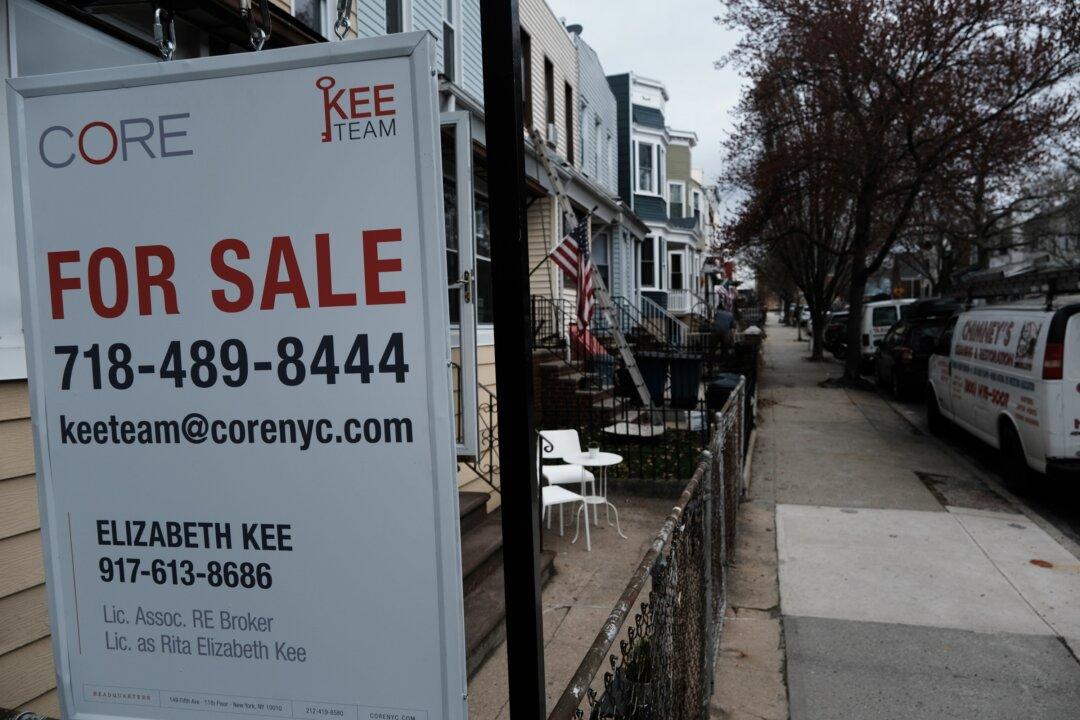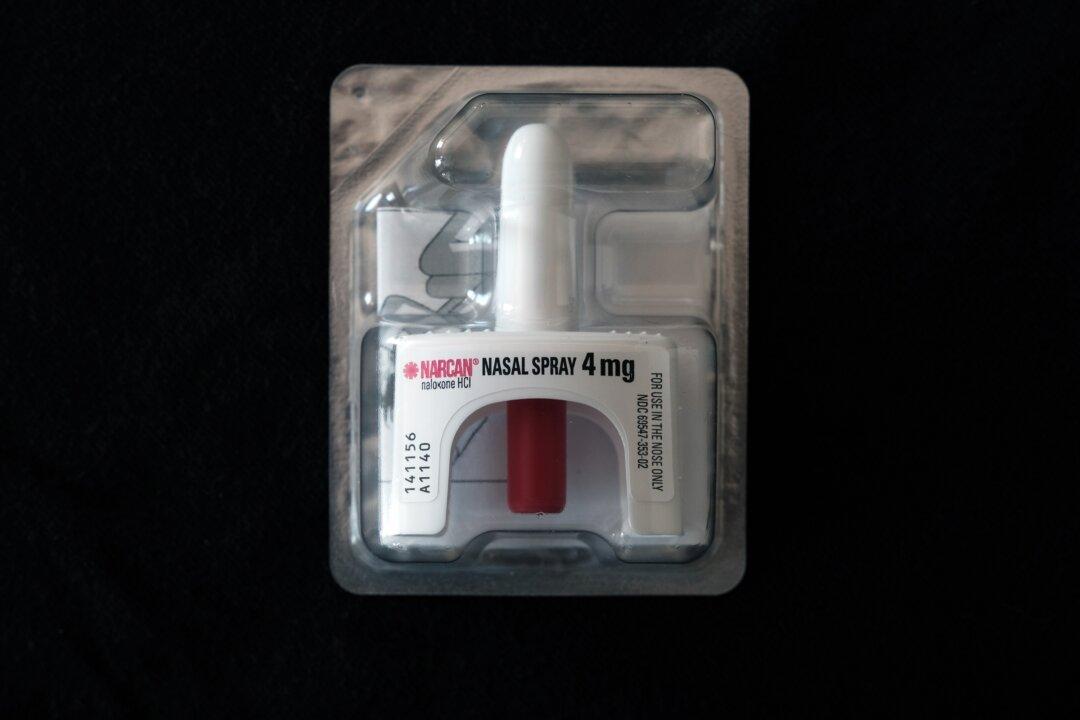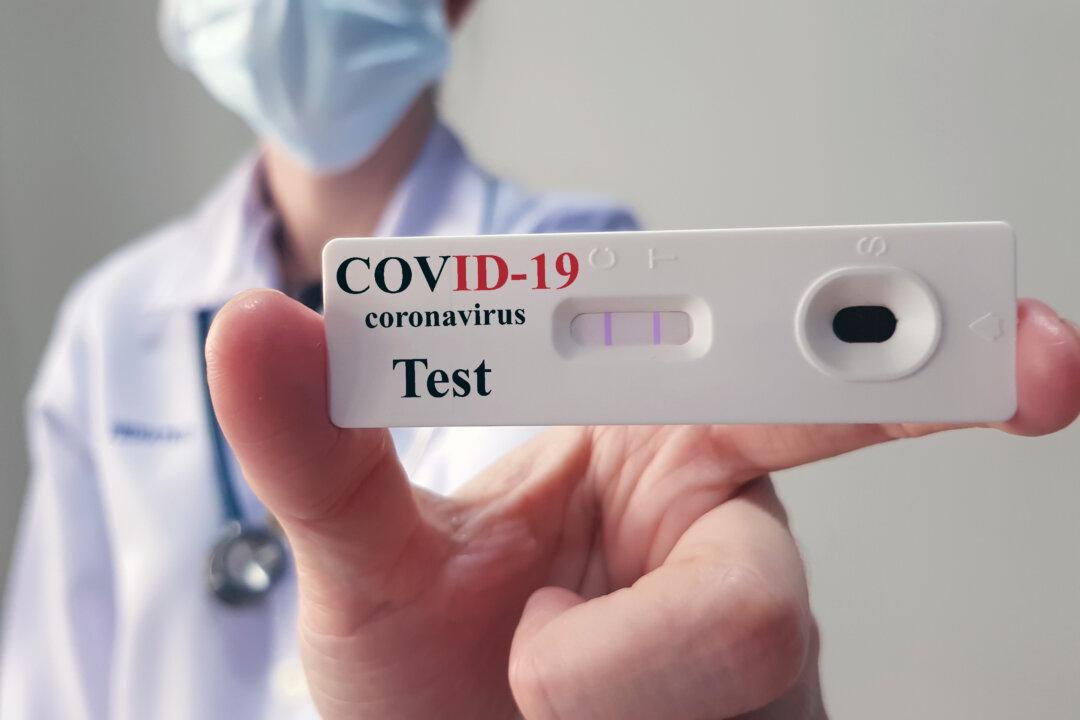An audit of the California Public Employees’ Retirement System, America’s largest public pension fund, found regular payments to pensioners well after they died, so much so it’s challenging to get the money back.
Around 1,800 CalPERS pensioners die every month, according to a June memorandum from the fund’s Office of Audit Services that recently become public. CalPERS had more than $41 million in wrongful pension payments outstanding as of July 31, 2020, the audit said. It estimated CalPERS made those payments to about 22,000 dead pensioners.





